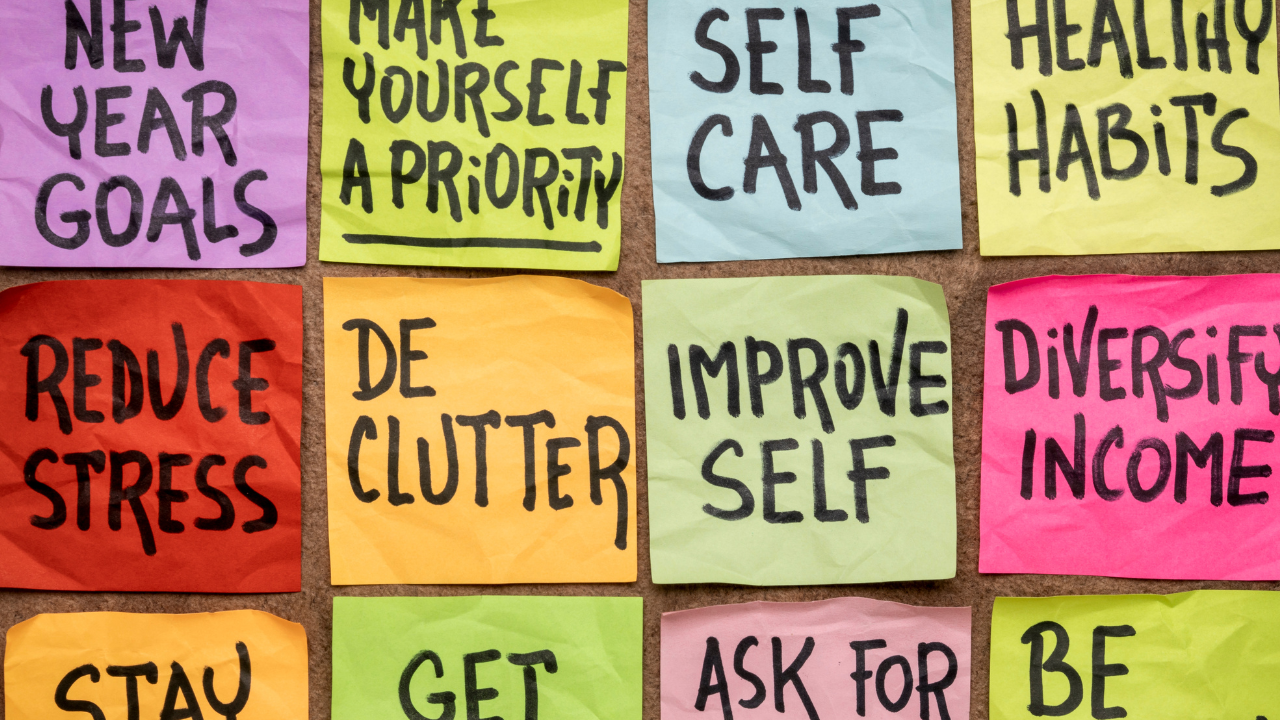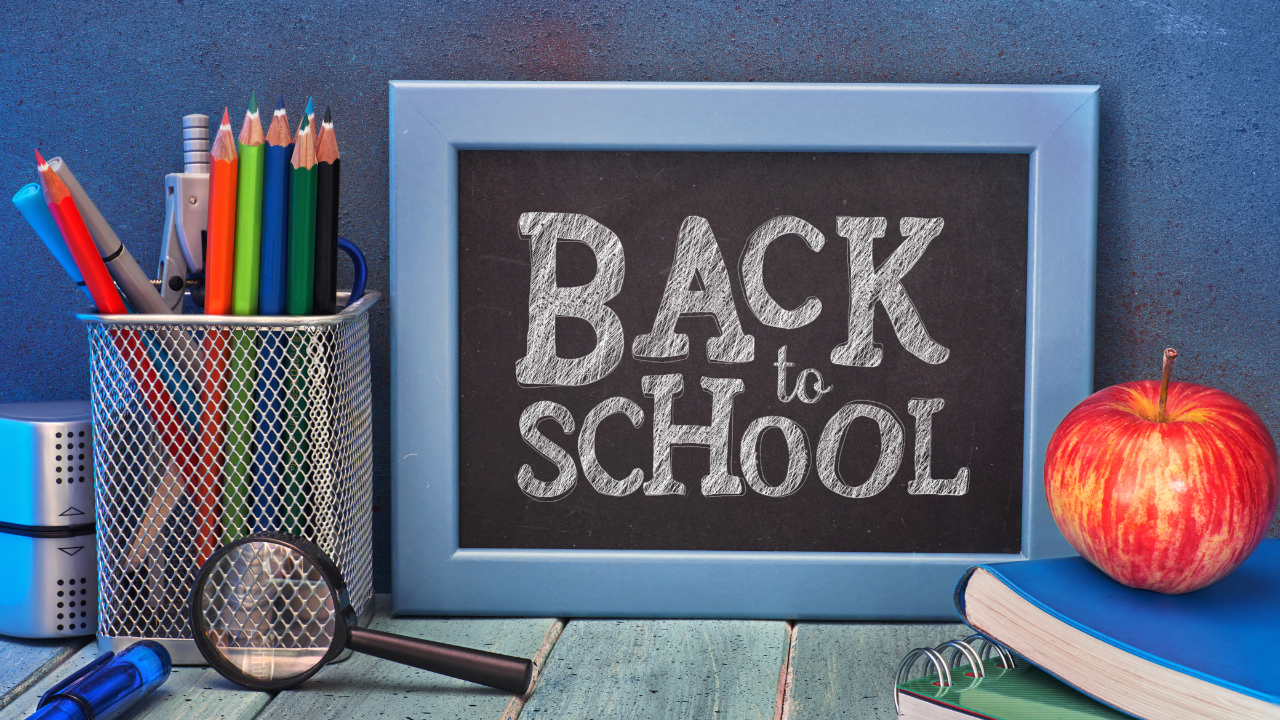Supporting Kids Who Struggle With Friendships: Social Anxiety, Rejection Sensitivity, and Emotional Regulation

It often shows up after school.
A child drops their backpack by the door and heads straight to their room. When asked how their day was, they shrug and say, “Fine,” but their shoulders are tense and their answers are short. Someone didn’t sit with them at lunch. A text went unanswered. A joke landed wrong.
For kids who struggle with friendships, these moments can feel overwhelming, even when they seem small from the outside. Social relationships are deeply tied to identity and belonging, and when something feels off, it can shake a child’s sense of safety in ways they may not know how to explain.
When Social Anxiety Shapes How Kids Show Up
Before a birthday party, a child asks repeatedly who will be there and what they will be doing. As the party gets closer, they suddenly complain of a stomachache and ask if they have to go.
Social anxiety in kids does not always look like fear. Sometimes it looks like avoidance, irritability, or constant reassurance seeking. Kids with social anx...
How New Year’s Diet Culture Can Be Harmful to Kids and What to Focus on Instead

It often starts quietly.
A parent comments about needing to eat better now that the holidays are over. Their child looks up from the table and asks what that means. No one thinks much of it at the time, but something shifts. Foods that were once neutral suddenly carry meaning, and kids begin listening more closely than we realize.
For many families, these moments are unintentional. Adults are navigating their own relationship with food and body image in a culture that pushes self-improvement every January. But kids are watching, absorbing, and learning about how the adults in their lives perceive food and body image.
How Diet Culture Shows Up for Kids
A child overhears a conversation about cutting sugar and later pushes dessert away, saying it’s too much sugar. When asked why, they shrug and repeat a phrase they heard without fully understanding it.
Diet culture often shows up through everyday language and behaviors. It can sound like jokes about weight gain, praise for eating les...
Letting Go of Comparison And Perfectionism: How To Have A Values Driven Holiday Season

The holidays often bring a mix of joy, nostalgia, and connection, but they can also stir up something we do not talk about nearly enough: comparison. Even when we know better, this season can make us hold our lives up against someone else’s and wonder if we are doing enough.
If you have found yourself in comparison mode this holiday season, you are not alone. But the more we acknowledge it, the more room we create to choose compassion instead of criticism, connection instead of pressure, and values instead of expectation.
Comparing Ourselves on Social Media
You're lying in bed scrolling social media and you see post after post with your friends and their families in matching pajamas, hosting elaborate holiday parties, with their beautifully lit trees and curated home decor and you feel the increasing tension in your chest of shame and comparison. You wonder "Why doesn't my home look like that? Where do they get the time or money for that? Why can't I keep up?"
When we compar...
Finding the Right Therapist: A Practical and Personal Guide

Looking for a therapist can be daunting. Maybe you’ve tried therapy before, and it didn’t click, or maybe you’re starting for the first time and don’t know where to begin. You might be carrying questions you don’t even have words for yet. Or perhaps you have a list of questions running like a ticker tape through your head: what type of therapist do I even need... where will I possibly fit another appointment into my schedule... what does my insurance even cover...?
The truth is you shouldn’t let these stop you from finding the right therapist. The process isn’t just about checking boxes off of your list. It’s about finding someone who provides a safe space for you and with whom you genuinely connect. Most people don’t start this process with perfect clarity, give yourself permission to take it one step at a time.
Here are a few do’s and don’ts as you navigate the process of finding a therapist that can help you move forward with more direction and confidence.
Do: Take Time to...
Finding Balance: Self-Care and Media Boundaries

Have you ever caught yourself reaching for your phone without even thinking, only to realize you have spent the last twenty minutes scrolling? Maybe it was late at night, when you meant to be winding down for sleep. Or perhaps it was first thing in the morning, when a quick check of the news left you carrying a heavy mood for the rest of the day.
Many of us live with an almost constant flow of information at our fingertips. News alerts, viral videos, opinion pieces, and perfectly polished posts can draw us in again and again. Sometimes these interactions are helpful; we might learn something new, connect with friends, or find comfort in shared experiences. Other times, however, the sheer volume and tone of what we consume can leave us feeling anxious, inadequate, or overwhelmed.
Recognizing how media affects us is a compassionate act of self-care. It is not about labeling certain platforms as “bad” or avoiding information altogether. Instead, it is about noticing the role media plays...
Supporting a Loved One Through Crisis: Do’s and Don’ts

When someone you love is struggling with suicidal thoughts, it can shake the very foundation of your world. You may feel helpless, terrified, or even paralyzed, afraid of saying the wrong thing yet desperate to do something that will ease their pain. It is a heavy burden to carry, and it is normal to feel overwhelmed by the uncertainty of how to show up in these moments. Many families and friends silently ask themselves: How can I possibly help? What if I make it worse?
The truth is, there is no perfect script. No single set of words can erase the hurt your loved one is carrying. What matters most is not perfection but presence. Your compassion, your patience, and your willingness to listen without judgment can be a lifeline. Even when you do not have the answers, the simple act of sitting beside someone in their darkest hour can remind them that they are not alone.
There is magic and power that comes in the form of human connection. Families and friends hold a unique and irreplaceab...
Back-to-School Mental Health Tips: How Parents Can Support a Smooth Transition for Teens

As summer winds down and school supplies start filling shopping carts, many families begin to feel the anticipation and sometimes anxiety that comes with the back-to-school season. For teens, returning to school can bring a whirlwind of emotions: excitement about seeing friends, dread over academic pressure, or worries about social dynamics and performance expectations. Research published in the Journal of Adolescent Health shows that transitions like the start of a new school year are key stress points for teens, especially those who struggle with anxiety or depression.
The good news is that with mindful support from parents and caregivers, this transition doesn’t have to feel overwhelming. That’s why we’re sharing practical, research-backed tips to help your teen feel emotionally supported and mentally prepared for a healthy return to school. We’re also including a free downloadable Back-to-School Mental Health Checklist for Teens & Parents to help you put these ideas into action.
...Laughter Really Is the Best Medicine: How Humor Boosts Mental Health

We’ve all heard the phrase, “Laughter is the best medicine.” And while it might sound like a well-worn cliché, research shows there’s real truth behind the sentiment. Laughter doesn’t just lighten your mood in the moment, it delivers lasting benefits to your mental, emotional, and even physical health.
In a world where stress, anxiety, and emotional overwhelm are increasingly common, something as simple as laughter can be a powerful and accessible form of self-care. It doesn’t require fancy tools or a packed schedule, just an openness to joy, humor, and connection.
In this post, we’ll break down the science behind why laughter matters for mental health and offer five practical, feel-good strategies to bring more humor and lightness into your life and your teen’s.
The Science of Laughter and Mental Health
Laughter triggers a cascade of beneficial changes in the body and brain. When you laugh, your body releases endorphins and dopamine, neurochemicals responsible for feelings of h...
Helping Your Teen Cope with Summer Stress: 5 Strategies to Support Their Mental Health

When most people think of summer, they picture carefree days, vacations, and a much-needed break from academic stress. But for many teens, the shift into summer can actually increase feelings of anxiety, loneliness, and emotional dysregulation. Without the structure of school, teens can struggle with inconsistent sleep, screen time overload, social disconnection, and a lack of purpose—all of which can affect their mental health.
As a parent, it can be challenging to know how to support your teen when they seem withdrawn, irritable, or overwhelmed. Fortunately, there are concrete steps you can take to help your teen feel more balanced and supported this summer.
Below, we share five evidence-informed strategies you can implement right away.
Why Summer Can Be Stressful for Teens
The freedom of summer can feel disorienting for teens, particularly those who struggle with anxiety, depression, or neurodivergence. Research from the Journal of Adolescent Health shows that mental health sy...
The Power of Checking In: A Small Act That Makes a Big Difference

We often ask, “How are you?” out of habit—an automatic greeting tossed out in passing. But what if we slowed down, asked with intention, and truly listened for the answer?
In the world of mental health, one of the most underrated yet powerful tools we have is simply checking in. Whether it’s a text, a coffee chat, or a quiet moment of eye contact and empathy, checking in with someone can be a life-changing (and in some cases, life-saving) act.
The Research: Why Checking In Matters
We know that mental health isn’t always easy to see. Many people who are feeling anxious, overwhelmed, or low may not feel comfortable sharing what they’re going through: a 2020 study found that nearly half of those experiencing depressive symptoms hadn’t told anyone—often because they worried about being judged or becoming a burden to others (Rees & Anderson, 2023).
The good news is, even one person’s support can truly make a difference. Another 2020 research study shows that feeling cared for by fri...

